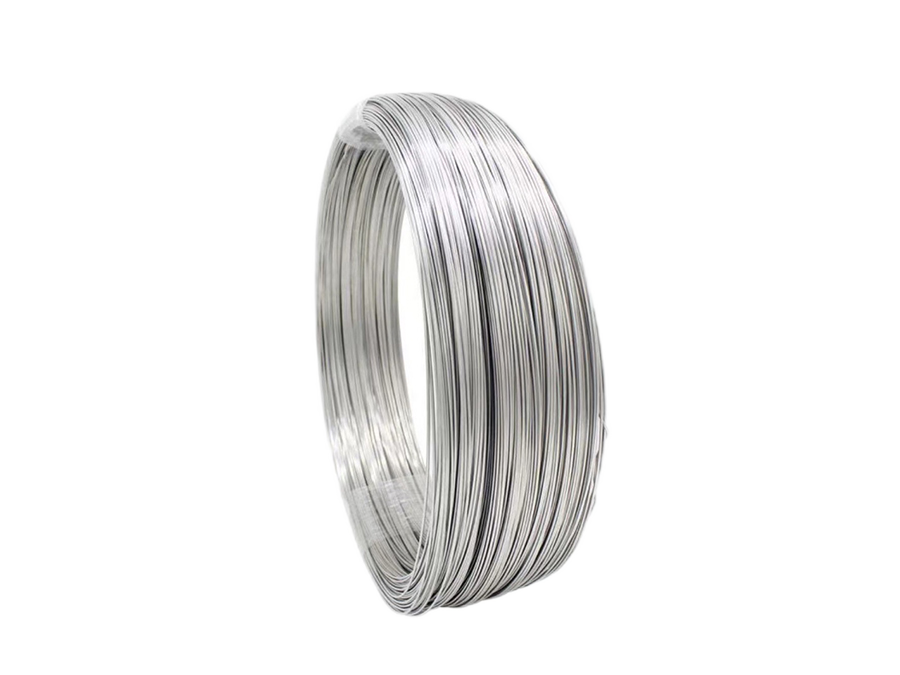All You Need to Know About Valve Parts-Ring in Industrial Equipment and Components
Release time:
2024-07-01 16:42
Introduction
Valve parts-ring play a crucial role in the functionality of valves in the industrial equipment and components sector. These components are essential for sealing and controlling the flow of fluids in various applications. Understanding the significance of valve parts-ring and their impact on the performance of valves is essential for ensuring the efficiency and safety of operations.
Valve parts-ring are designed to provide a tight seal between the moving parts of a valve, preventing leakage and ensuring proper flow control. These components are typically made from durable materials such as rubber, silicone, or metal, depending on the specific requirements of the application.

When selecting valve parts-ring, it is important to consider factors such as the material compatibility, pressure rating, temperature range, and chemical resistance. Choosing the right type of valve parts-ring is crucial for ensuring the longevity and effectiveness of the valve system.
Regular maintenance and inspection of valve parts-ring are essential to prevent leaks, reduce downtime, and ensure the overall performance of the valve system. Proper installation and replacement of worn-out valve parts-ring are necessary to maintain the efficiency and safety of the equipment.
In conclusion, valve parts-ring are essential components in the industrial equipment and components sector, playing a critical role in ensuring the smooth operation of valves. By understanding the importance of quality components and proper maintenance practices, businesses can enhance the efficiency and safety of their operations.
valve parts-ring
Related News
The Art and Precision of Forging: Unlocking the Benefits of Precision Forging
2025-06-20
Precision forging is a sophisticated manufacturing process that significantly enhances the mechanical properties and dimensional accuracy of metal components. This technique involves shaping metal into desired forms through the application of high pressure, often at elevated temperatures. Unlike traditional forging methods, precision forging utilizes advanced technology and precise control mechani
Understanding Precision Forging: Key Insights for Professionals in Metalworking
2025-06-18
Precision forging is a sophisticated manufacturing process that involves shaping metal components through the application of controlled pressure and heat. This technique is distinguished by its ability to create parts with exceptional accuracy, consistency, and strength, making it a preferred choice in industries where precision is paramount. One of the primary advantages of precision forging is i
How Monel K500 Forging Enhances Corrosion Resistance in Metal Parts
2025-06-17
Introduction to Monel K500: The Corrosion-Resistant Metal Monel K500 is a nickel-copper alloy renowned for its exceptional corrosion resistance, strength, and versatility. It stands out in various industries, including marine, chemical processing, and aerospace, where metal components must endure harsh environments. This article delves into how the forging process of Monel K500 enhances its corr


